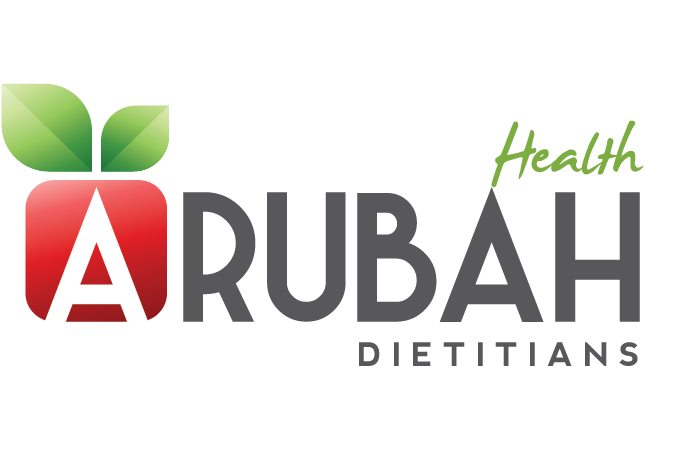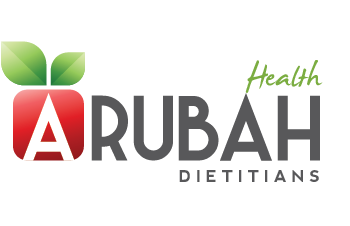April 30, 2021
Irritable Bowel Syndrome & The FODMAP Diet
Irritable bowel syndrome (IBS) is one of the most common function gut disorders worldwide with the prevalence rates ranging from around 10–15% (1). Often IBS will present with symptoms such as constipation, diarrhoea, cramping and bloating and for some it can be so severe that there is constant anxiety around what to eat and whether that will cause the not very fun symptoms from appearing, especially while out and about. If you experience these things there are a few things you need to know before trialling a low FODMAP diet.
If you experience IBS there are a few things you need to know before trialling a low FODMAP diet.
Go to your doctor
Its super important that if you experience these symptoms that you go to your doctor to receive formal diagnosis. IBS symptoms are similar to many other gut disorders and diseases and it is imperative you rule anything out that is more sinister before trialling any dietary interventions.
Make sure you are following a healthy balanced diet
Gastrointestinal symptoms can be caused by many different reasons, right down to something as simple as not drinking enough water. Your symptoms may improve just by slightly changing your diet and ensuring you
– Get enough fibre (25-30g) from your veggies and grains
– Are drinking 1.5-2L a water a day
– Limiting high intakes of fried and fatty food
– Eating slowly and enjoying every bite
– Eating the correct portions and not overeating
– Eating regular meals
– Limiting intake of alcohol
Never remove foods or trial the low FODMAP diet UNLESS you are under the supervision of a dietitian
Removing foods or whole food groups or trialling the FODMAP diet without the supervision of a dietitian can be detrimental to your health in the short term and long term. All foods and food groups have their benefits, so it is important to understand the knock-on effect of removing foods so that it can be done safely and in the best way for you. The low FODMAP diet is an extremely restrictive diet and should not be done for long periods of time. Without proper expert advice, it can be difficult to do it right and can cause health consequences if not done correctly or done for long periods of time.
So you’ve completed steps 1, 2, AND have found a dietitian…
What is the FODMAP diet and is it something I should try?
There is some controversy around low-FODMAP diets however there has been a lot for research into and its ability to help manage the symptoms of IBS.
FODMAP stands for:
– Fructans
– Oligosaccharides
– Disaccharides
– Monosaccharides and
– Polyols
Which are all just fancy words for different kinds of carbohydrates.
So this is what you need to know…..
Our FODMAPs are foods that contain what we call short chain carbohydrates. This means they are only found in our fruits, veggies, grains and dairy foods and any by-products of these foods. Therefore, you won’t ever find FODMAPs in unprocessed meats, eggs, fats or oils.
For some people different types or all types of FODMAPs are not able to be properly digested by the gut and can result in a host of uncomfortable gastrointestinal symptoms such as bloating, abdominal pain, diarrhoea and constipation.
If you have another gut disorder such as coeliac disease, have had a stressful event which coincided with gastrointestinal symptoms or have had a bout of food poisoning or trauma to the gut e.g. gastritis, this could have triggered the onset of IBS and the need to try a FODMAP diet.
The diet consists of a full or modified elimination phase (depending on your dietitians assessment of what would be best for you) of the FODMAP foods and once symptoms have resolved, you then go through a guided and systematic challenge phase to figure out the symptom-triggering foods. Eventually all FODMAPs should be reintroduced into the diet to varying degrees, depending on individual symptoms, allowing you to enjoy all foods again without symptoms allowing for a nutritional balanced diet again
If done correctly, the diets whole process should be completed within about 2 -3 months depending on the severity of symptoms and number of trigger foods.
Subscribe to the newsletter
Stay up to date with our latest health tips and upcoming workshops.









